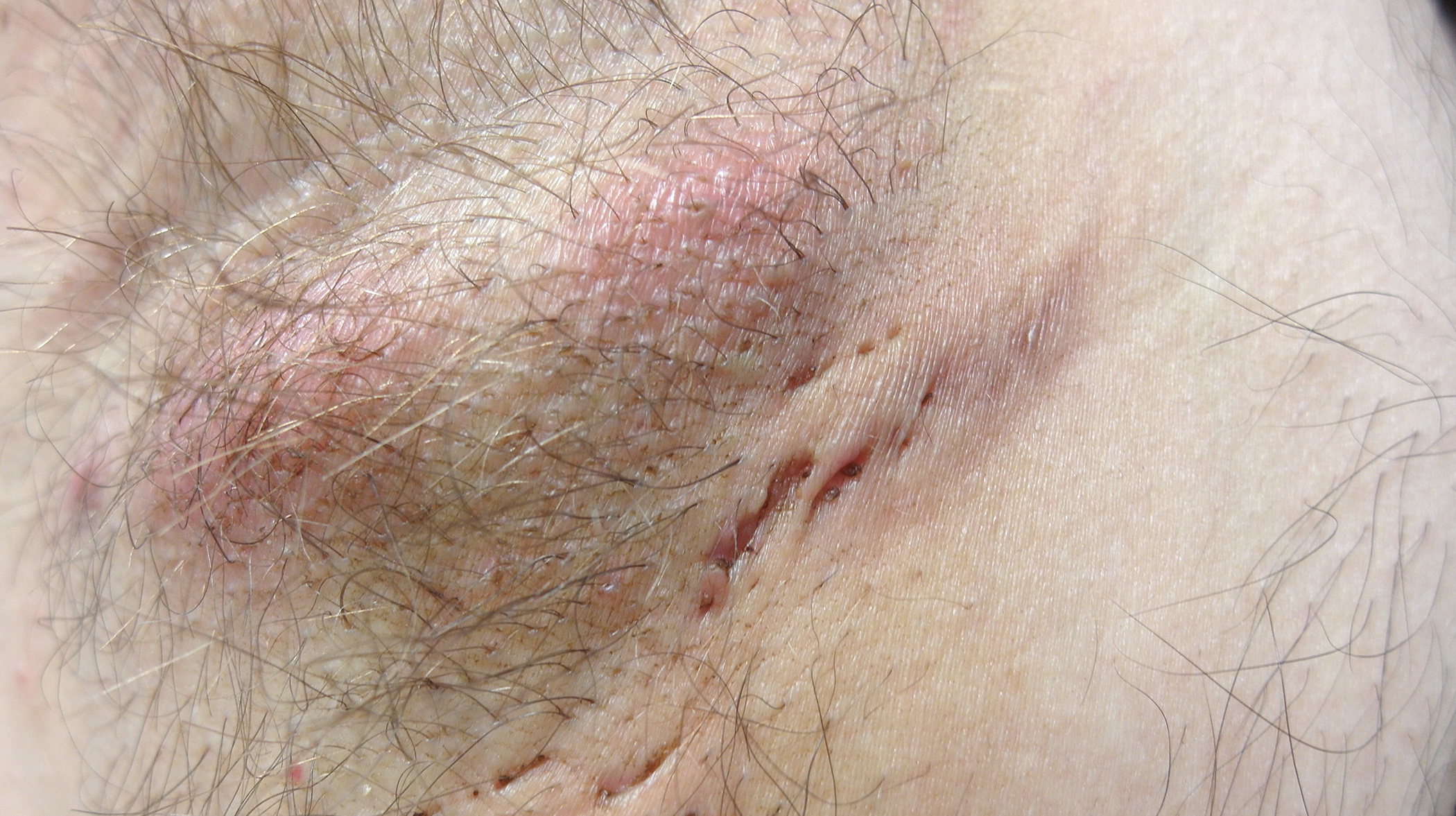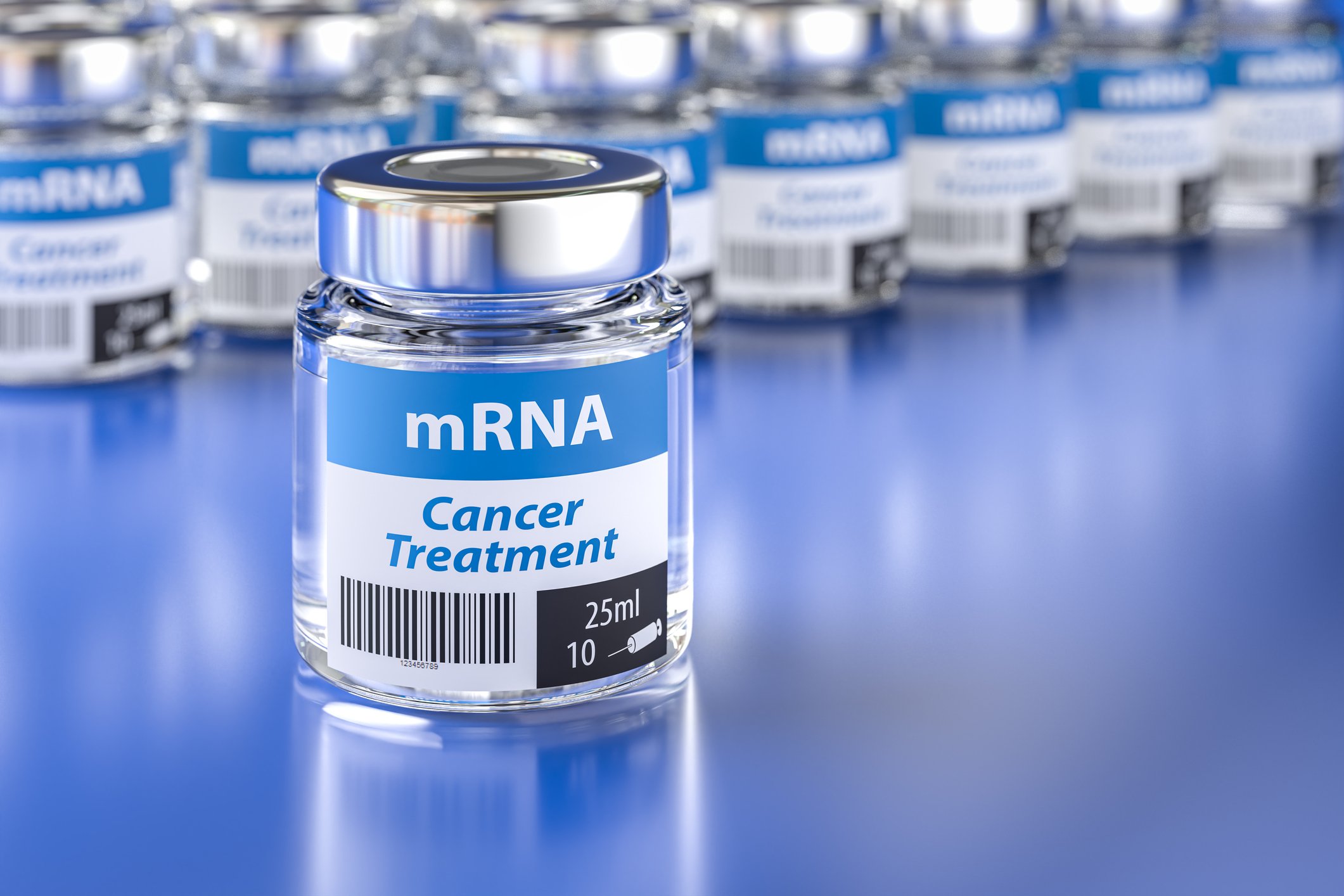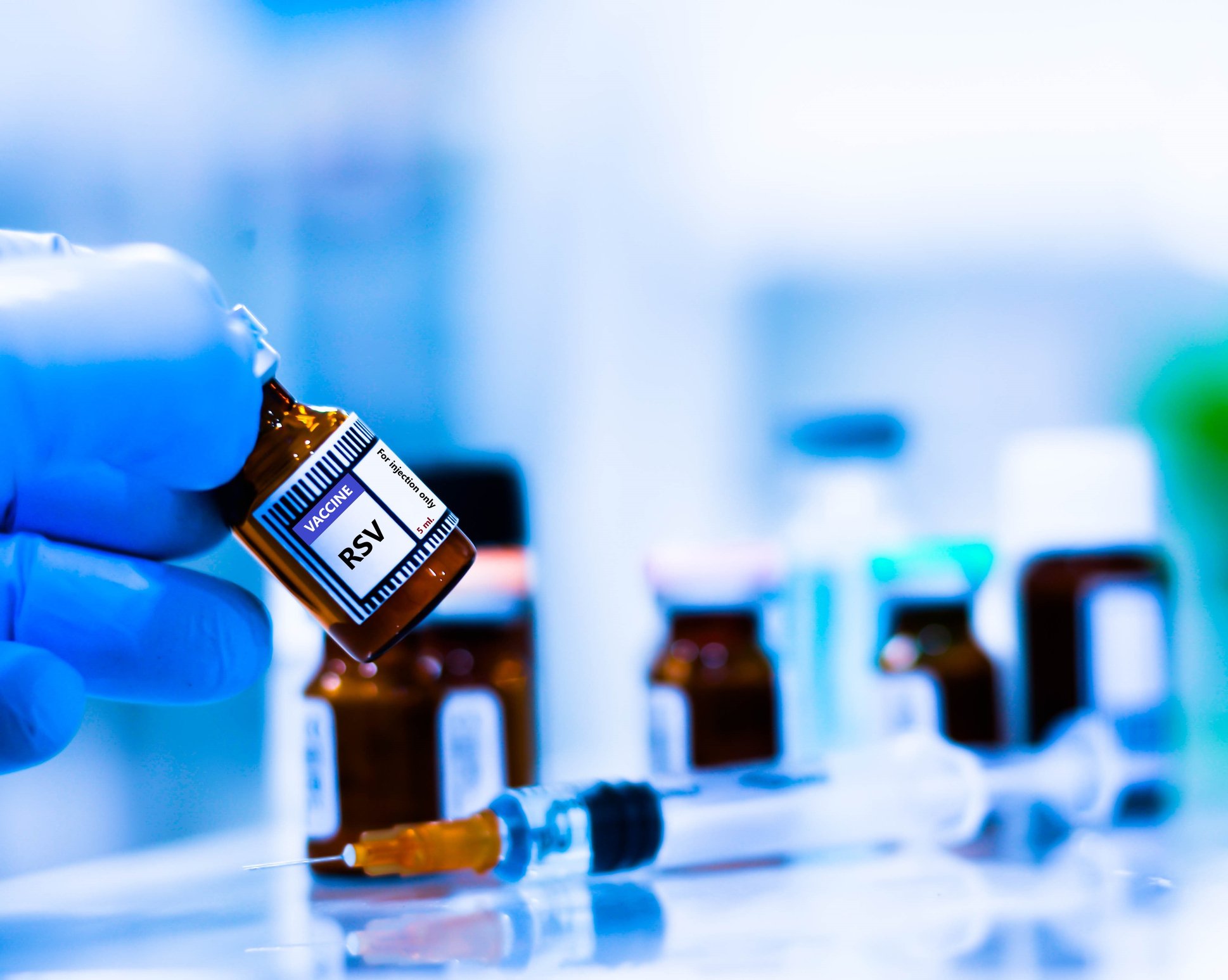The era of targeted systemic treatment began several years ago and the therapy armamentarium is constantly expanding, so that the question of selection criteria for the individually appropriate therapy is increasingly coming to the fore. Patients can benefit greatly from adequate systemic therapy. A satisfactory treatment result can be achieved after just a few weeks. However, there are a number of things to consider when selecting a therapy.
From the point of view of those affected, the most important therapeutic goals in atopic dermatitis (AD) include a rapid improvement in itching and skin appearance, as well as control over the disease, better sleep quality and freedom from pain [1,2]. Prof. Dr. med. Silke Hofmann, Chief Physician of the Center for Dermatology, Allergology and Dermatosurgery and Chair of Dermatology at the University of Witten-Herdecke (D), reported that many of her AD patients, whom she treats with modern systemic drugs, experience a significant improvement in quality of life [1]. Topical treatment alone is often not enough to suppress systemic inflammation in severe forms of atopic dermatitis (AD), the speaker explained. This is also reflected in a survey by Prof. Matthias Augustin, MD, and colleagues published last year in the journal Acta Dermato-Venereologica [2]. In this study, 74% of AD patients with BSA ≥10 (n=267) reported that their current treatment was only partially effective [2]. A closer look at the results revealed that the majority of respondents did not receive systemic therapy but topical therapy alone.
Aim for anti-inflammation – do not disregard tolerability
Currently, two biologics and three Janus kinase (JAK) inhibitors are approved in the indication AD. The two monoclonal antibodies dupilumab and tralokinumab inhibit inflammatory activity by targeting specific interleukin (IL) signaling pathways. Dupilumab inhibits both IL-4 and IL-13 via the IL-4Rα subunit of type 1 and type 2 receptors, while tralokinumab neutralizes the biological activity of IL-13 by preventing its binding to IL-13Rα1 and IL-13Rα2. Both agents achieved an EASI75 improvement of more than 50% after four months. It is administered subcutaneously and can be self-administered by patients [3]. Baricitinib, abrocitinib, and upadacitinib are currently approved as representatives of the JAK inhibitors. These inhibit intracellular activation of certain Janus kinases (JAK); more specifically, they cause selective and reversible inhibition of JAK-1 or JAK-1/2. Monotherapy with JAK inhibitors – which, unlike biologics, can be administered orally – achieves EASI-75 response rates of 35-75% [3].
Weigh the pros and cons individually
In head-to-head studies, both upadacitinib and abrocitinib showed a faster onset of action compared with dupilumab and a slightly better overall response up to week 16, but: “This additional benefit comes at the price of somewhat more side effects and contraindications that we have to consider,” said Prof. Hofmann [1]. Janus kinase inhibitors should not be prescribed in patients with severe hepatic or renal impairment, in (planned) pregnancy, and in active tuberculosis. A relative contraindication is given in patients ≥65 years of age, in smokers (or condition after long-term nicotine abuse), and in cardiovascular or malignancy risks and when there is an increased risk of venous thromboembolism.
Comorbidities can also be used as criteria for deciding whether a biologic or a JAK inhibitor is more appropriate for an AD patient. If patients have ulcerative colitis, alopecia areata, psoriatic arthritis or rheumatoid arthritis as concomitant diseases, the use of JAK inhibitors can kill two birds with one stone. On the other hand, if patients have other Th2-mediated atopic diseases, such as bronchial asthma, chronic rhinosinusitis with polyposis nasi (CRSwNP), or eosinophilic esophagitis, dupilumab is an obvious choice, as this biologic is now approved for all these indications.
“We can now use the new systems therapeutics in children,” said Prof. Hofmann [1]. However, this does not apply to all biologics and JAK inhibitors. Tralokinumab and upadacitinib are approved in the EU from the age of 12, but in Switzerland only from the age of 18. In contrast, dupilumab is approved in Switzerland for use in AD from 6 years of age, and in the EU this biologic can be used from 6 months of age [4,5]. The EU approval for this age group is based on the results of the Liberty AD Preschool study published in the Lancet in 2022 on the efficacy and safety of dupilumab in AD patients in the age range of ≥6 months to <6 years [6,7]. The approval for children and adolescents aged 6 years and older, also approved by Swissmedic, is based on the 2020 of Paller et al. Efficacy and safety data published in JAAD [8,9]. In children and adolescents, the dosage of dupilumab is weight-adjusted.
The therapeutic landscape in AD is very dynamic and more systemic therapeutics and new agents are likely to be approved in the not too distant future, the speaker concluded.
Congress: DDG Annual Conference
Literature:
- “What’s New for Clinical Dermatology?”, Presentation ID PV05/02, 52nd DDG Meeting, Prof. Silke Hofmann, MD, plenary lecture/live stream, 04/26-29/2023.
- Augustin M, et al: Real-World Treatment Patterns and Treatment Benefits among Adult Patients with Atopic Dermatitis: Results from the Atopic Dermatitis Patient Satisfaction and Unmet Need Survey. Acta Derm Venereol 2022; 102: adv00830.
- Balakirski G, Novak N: Novel therapies and the potential for a personalized approach to atopic dermatitis. Curr Opin Allergy Clin Immunol 2021; 21(4): 368-377.
- European Medicines Agency, www.ema.europa.eu/en/medicines,
(last call 05/15/2023) - Drug Information, www.swissmedicinfo.ch,(last accessed 05/15/2023).
- ClinicalTrials.gov: NCT03346434,
https://clinicaltrials.gov/ct2/show/NCT03346434,(last accessed 05/16/2023) - Paller AS, et al: participating investigators. Dupilumab in children aged 6 months to younger than 6 years with uncontrolled atopic dermatitis: a randomised, double-blind, placebo-controlled, phase 3 trial. Lancet 2022 Sep 17; 400(10356): 908-919.
- ClinicalTrials.gov: NCT03345914,
https://clinicaltrials.gov/ct2/show/NCT03345914,(last accessed 05/16/2023) - Paller AS, et al: Efficacy and safety of dupilumab with concomitant topical corticosteroids in children 6 to 11 years old with severe atopic dermatitis: A randomized, double-blinded, placebo-controlled phase 3 trial. J Am Acad Dermatol 2020; 83(5): 1282-1293.
DERMATOLOGIE PRAXIS 2023; 33(3): 16-17 (published 8.6.23, ahead of print).












